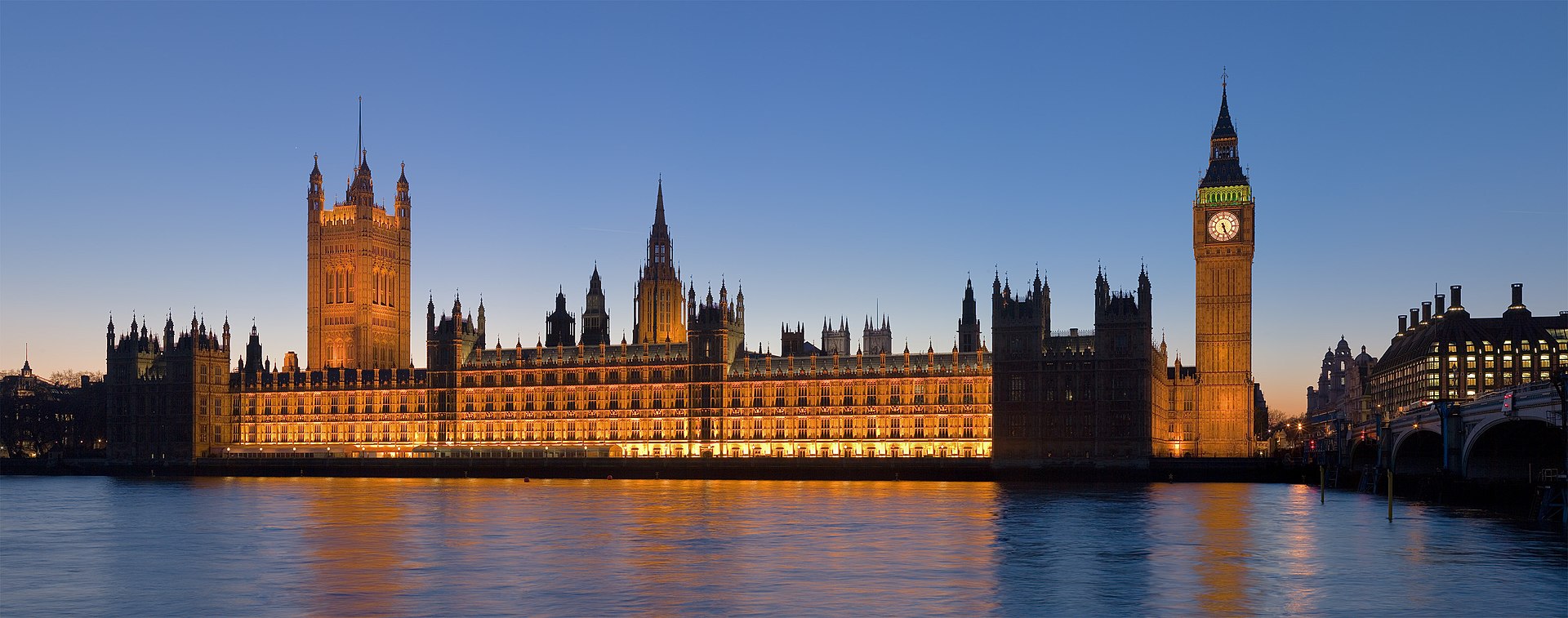Why do we need a new Select Committee?
The current select committee with oversight of the UK Government’s international aid and development expenditure and activities is the International Development Committee (IDC). It is being wound up at the end of this year, because development is being merged with foreign affairs, defence and national security as part of a major restructure of government departments bringing international policy areas together. This major policy shift sits alongside an ‘Integrated Review’ of UK foreign policy. It is expected to be completed this month. There is more about the IDC here and about the Integrated Review here. No decision has been made yet about a successor committee to the IDC.
Why does losing the IDC matter?
The IDC has built a strong reputation for its well informed, proactive, independent scrutiny of the UK’s aid and development. We at the Alliance have contributed to some of its inquiries and watch them all closely. Chris Law, MP for Dundee West and SNP Spokesperson for International Development, serves on the IDC and has been a helpful source of updates and advice to the Alliance. Sign up to our next roundtable with Chris here.
The loss of the IDC will be sharply felt by the international development community because its work was backed by extensive organisational knowledge and commitment to the quality and effectiveness of expenditure on aid and development. Following the merger of the Department for International Development (DFID) with the Foreign and Commonwealth Office (FCO), no current select committee exists which can fulfil this brief with the same depth of experience. The presumption must be that the Foreign Affairs Committee (FAC) may subsume the IDCs’s mandate and become a new Foreign Affairs and International Development Committee with oversight of the newly merged department, the Foreign, Commonwealth and Development Office. This massive expansion of the FAC’s brief and the need to absorb a whole new policy area before it can exercise its scrutiny role to high standard, risks allowing a serious deficit in the quality of the oversight. It also means that Parliament, and the wider UK public, risk losing an effective, formally instituted means of monitoring alignment of development spend with the internationally agreed definition of ODA.
What is ODA and why is it important to us?
The definition of official development assistance (ODA), jointly agreed by all 30 members of OECD’s Development Assistance Committee (DAC), is this: ‘government aid that promotes and specifically targets the economic development and welfare of developing countries’.
The UK’s expenditure of ODA has recently moved from near total management by DFID (86.2% in 2014 to 73.1% in 2019), to other government departments including FCO, BEIS, and DHSS (full list of ODA spending departments is here). This follows the shift in emphasis towards aligning our aid spend with the UK’s national interest, as set out in the 2015 National Aid Strategy. There is a very strong argument to say that the economic development and welfare of developing countries is in our national interest in the UK, especially in these times of recognising global threats that have no national borders, such as pandemics and the impact of climate change, and that the two goals are indivisible. That certainly has the potential to be true, but well informed and experienced parliamentary scrutiny of our ODA spend, independent of government in the best traditions of the select committee system, would help ensure that that is the case.
At the Alliance, like our London-based sister organisation Bond, we support the creation of a new ODA select committee to replace the IDC. This would not only allow us to monitor adherence to the OECD DAC definition of ODA but more importantly, it could take on the IDC’s mantle of ensuring effectiveness and quality of ODA spend, but with also enhanced authority to scrutinise all government departments who are allocated funds from ODA, not just the FCDO,.
How do I support the creation of a new ODA Select Committee?
Write to your MP as soon as you can please. In your email, say that the expertise of the IDC should not be lost and it would be unrealistic to expect the FAC to perform to anything like the same range and depth of inquiry if its mandate were expanded to encompass aid and development. Say that a new, cross-departmental ODA Committee whose terms of reference included scrutiny of ODA expenditure and ODA-funded actions across all government departments spending ODA, will not only ensure that we continue to support the economic development and welfare of developing countries but also ensure that it is work well done, with the interests of the people and communities in recipient countries firmly positioned at the centre of spending decisions.
Why MPs and why now?
Because, theoretically anyway, the business of Commons’ select committees is in the gift of the House of Commons and not government. If there are enough calls from MPs to create an ODA Committee then a motion will be put to the House of Commons. So it is helpful to have MPs on board to add to pressure to create such a committee and to support a motion when it reaches the house. For us in Scotland, looking at a very different political map to our colleague agencies south of the border, lobbying our MPs presents quite different limitations and opportunities. However, support for international development has traditionally been non-partisan and I would hope that most Scottish MPs of all political parties would understand and support your letter. The biggest problem we face in these challenging times is lack of attention to international issues when domestic ones are so serious and pressing. Letters should be very short and sharply focussed. If you would like help drafting one, please email admin@intdevalliance.scot


